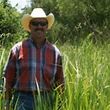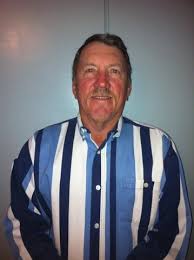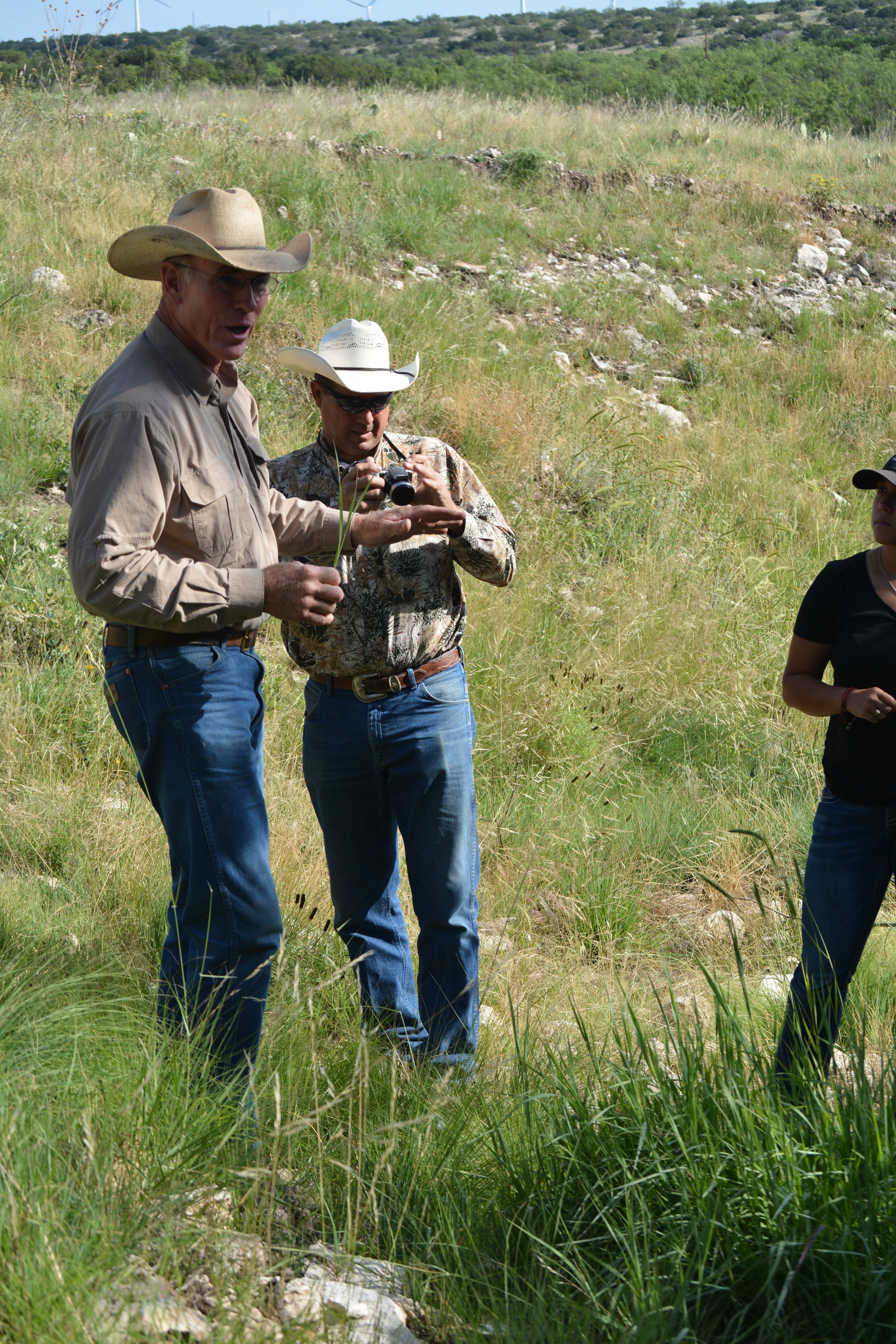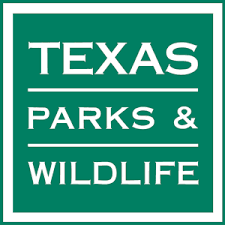Do you remember a certain professor/teacher/mentor that just naturally pushed you to think differently or harder? Someone that encouraged you to see beyond the data and critically look at theories, ideas, and concepts, and not that you had to or were forced to, but because you were actually excited to? Meet Dr. Bill Rogers, a Professor in the Department of Ecosystem Science and Management at Texas A&M University. Dr. Rogers’ and his research team recently received funding from the Joint Fire Sciences Program to analyze resprouting characteristics of mesquite and native grasses under varying intensities of fire. Bill is cool. He is easy to talk to, he loves research, and it’s an honor to hear his story of fire.
How did you get introduced to fire? I was born and raised in Minnesota and my family even owns some land on the prairie-forest ecotone where fire would have been a historically frequent natural phenomenon, but the state has some of the strictest liability legislation in the nation regarding the use of prescribed burning. Consequently, except during an occasional state park visit where some burning had been done, I was not very familiar with the use of fire as a management tool in my youth. It wasn’t until I visited Yellowstone National Park in Wyoming and Montana in early 1990s, shortly after the “Let-Burn” policy for the wildfires on federal lands was enacted, that I was exposed to large-scale ecological burning as a natural process and management activity. In the mid-90s, I enrolled at Kansas State University and began working on my doctoral research studies at the Konza Prairie Research Natural Area (a Long-term Ecological Research site located in the Flint Hills tallgrass prairie) where I examined the interactive effects of fire and animal-generated soil disturbances on plant community dynamics. At this stage, I became much more fully immersed in various aspects of fire science and prescribed burning management.
How early do you start planning for a prescribed burn? Because most of the burning I am involved with has a strong ecological research component, the planning and conceptualizing of what type of burning (location, size area, desired fuel loads, environmental conditions, etc.) activities we are going to conduct is typically done over a year in advance. As the time for implementing the prescribed burns approaches, we are usually monitoring weather conditions and finalizing assessments for our equipment and personnel a couple weeks ahead of the time we intend to put fire on the ground.
What’s most unique about a post-fire environment? I find myself frequently frustrated when various news-media outlets describe a fire as having “destroyed” a natural area. It is undeniably tragic when an unintentional fire negatively affects human lives and personal property. However, fire is a natural process in so many ecosystems and many of these landscapes are incredibly resilient, not only quickly recovering post-fire, but thriving afterward. Another aspect of prescribed fire that has not been adequately communicated to the broader public is the tremendous insulating capacity of soil. Aside from the most severe and extreme fires with exceptionally heavy fuel loads, the heat from a prescribed fire is typically completely dissipated after only a couple centimeters below the ground surface. This leaves the majority of plant roots, belowground buds, seeds and other plant parts undamaged despite what may be total fuel consumption aboveground. The post-fire interactions between abiotic conditions (dynamics of essential nutrients like nitrogen, phosphorus, and carbon) and biotic processes (vegetation, bacteria, and fungi) and ways in which these belowground processes influence aboveground vegetation recovery is something I also find extremely fascinating.
In your opinion, what makes a successful fire? First and foremost, a successful prescribed fire is one that is conducted safely. Risk is an inherent component of any management activity, but risks associated with fire are often magnified and taking precautions and following safety protocols should be paramount. Next, it is important to conduct prescribed fires with an a priori desired outcome. Setting goals and identifying objectives for a prescribed burn will allow an individual to assess the success of a prescribed fire activity. Of course, these objectives can vary widely and will depend on a variety of ecological, environmental, and socio-economic factors. A wise person stated “Every management action is an opportunity for an experiment.” I fully agree that setting goals and objectives, then assessing whether you have met those milestones is essential for advancing our knowledge and achieving even better successes in the future.
Who or what would you never burn without? I would never burn without a sufficient quantity and quality of both experienced personnel and safety equipment. Again, the risks of prescribed burning are considerable, but working with knowledgeable and well-prepared individuals can sufficiently mitigate many of these concerns.



 rice Ranch was recognized for their range management when they were presented the Outstanding Rangeland Stewardship Award by the Texas Section, Society for Range Management and Texas and Southwestern Cattle Raisers Association. And it was recognized as a 2013 regional Environmental Stewardship Award Program (ESAP) winner during the 2013 Cattle Industry Summer Conference.
rice Ranch was recognized for their range management when they were presented the Outstanding Rangeland Stewardship Award by the Texas Section, Society for Range Management and Texas and Southwestern Cattle Raisers Association. And it was recognized as a 2013 regional Environmental Stewardship Award Program (ESAP) winner during the 2013 Cattle Industry Summer Conference.